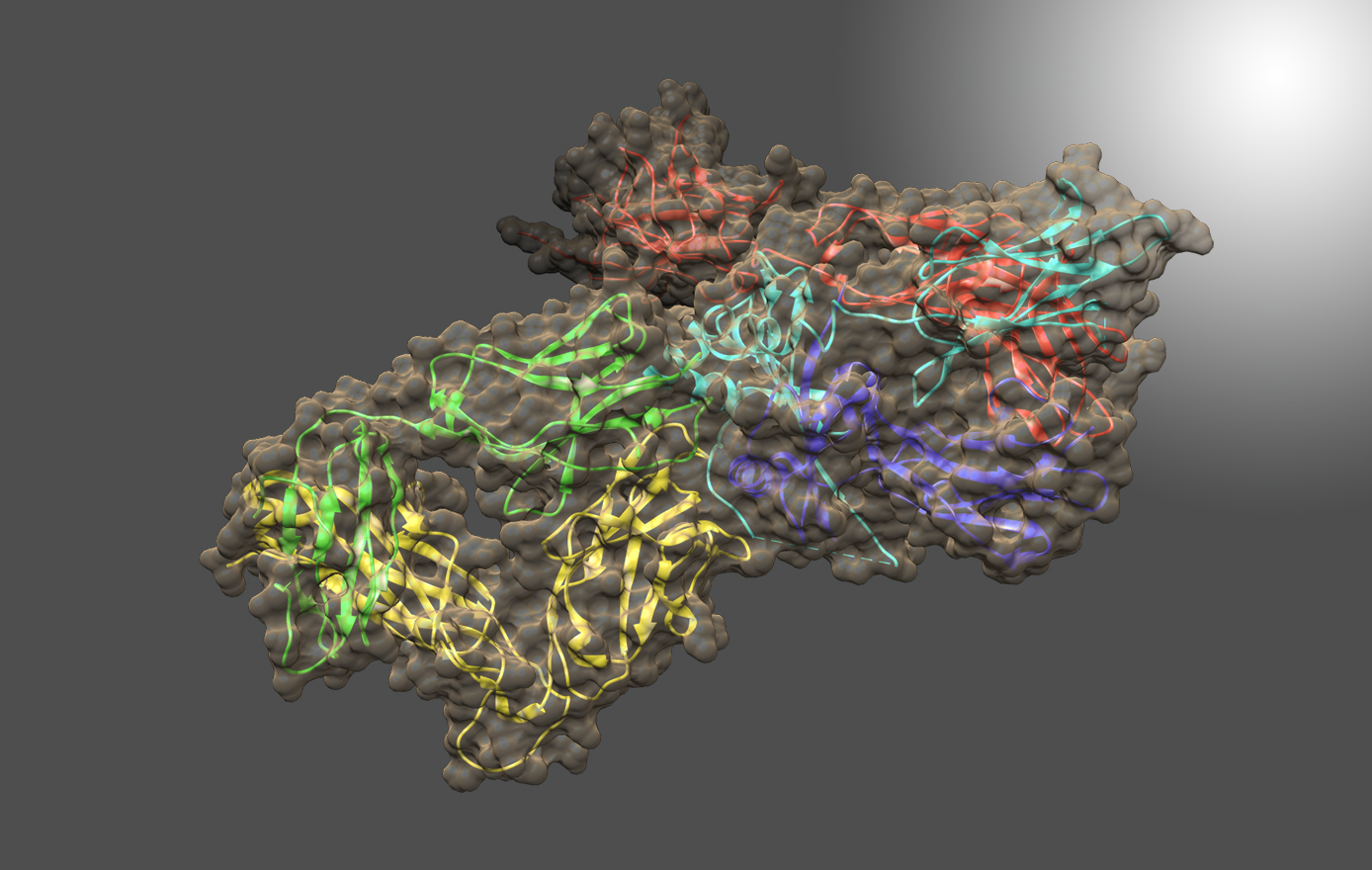FcRn: From Biology to Therapeutics and Vaccine Development
Event Info
Event Details
This seminar will present current research on the in-depth analysis of the neonatal Fc receptor (FcRn) biology and implications of this knowledge on the development of therapeutics and vaccines. In early life, the neonatal Fc receptor (FcRn) establishes passive immunity by transporting maternal IgG antibody from mother to offspring. During adulthood, FcRn seeds mucosal immunity by mediating the transport of IgG across polarized epithelial cells lining the body’s mucosal surfaces. Along with its transport role, FcRn also functions to protect IgG and albumin, the two most abundant proteins in the blood, from intracellular catabolic degradation throughout their lifespan. FcRn-mediated transport of IgG and prolonging the half-life of both IgG and albumin have caused a strong interest in developing FcRn-targeted therapeutics and vaccine development through the engineering of IgG antibody/albumin in both academic and industry. A currently better understanding of FcRn biology from a physiological and pathological standpoint has improved our understanding of FcRn targeted therapeutics and vaccines but also circumvent potential adverse effects. This seminar will go over our recent developments in FcRn-targeted therapeutic and vaccine development strategy in light of its interactions with IgG and albumin.
